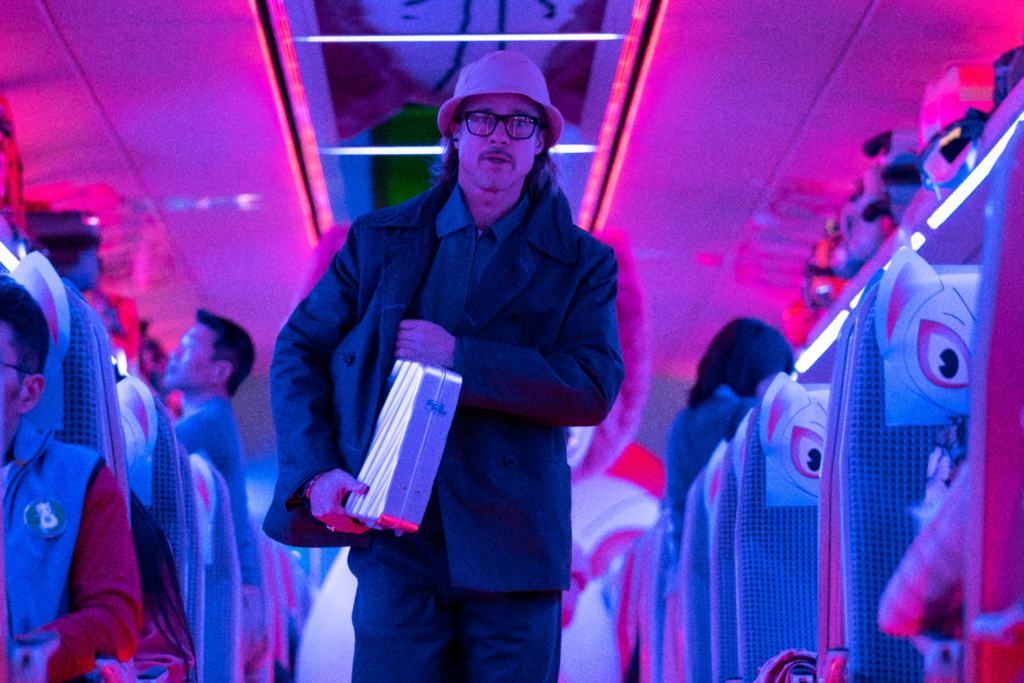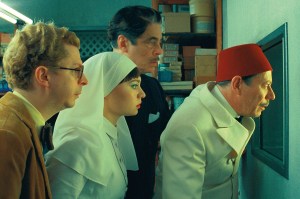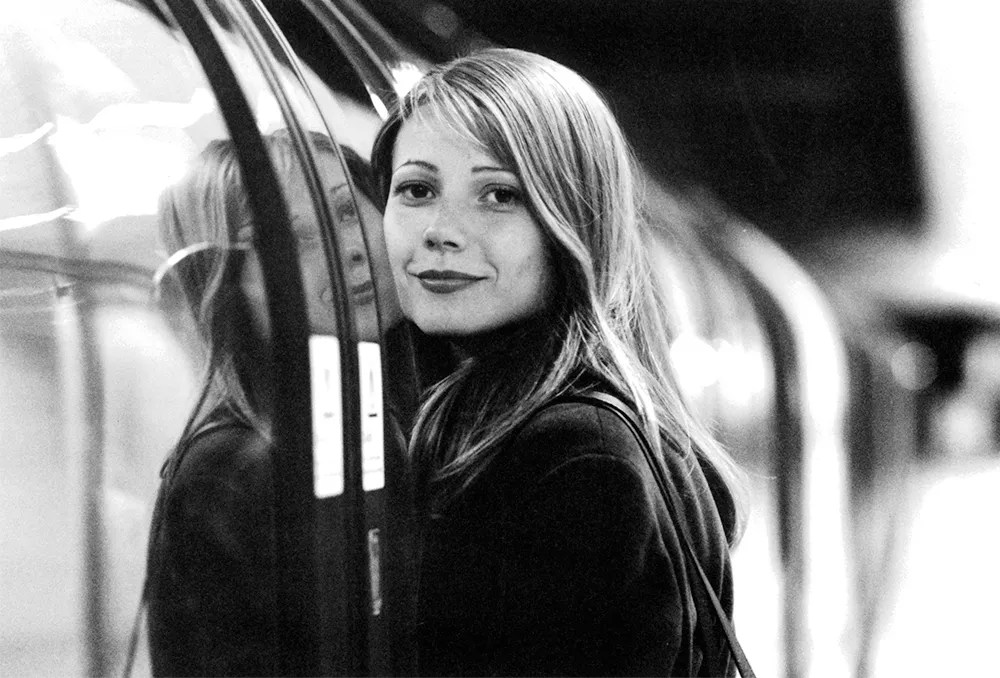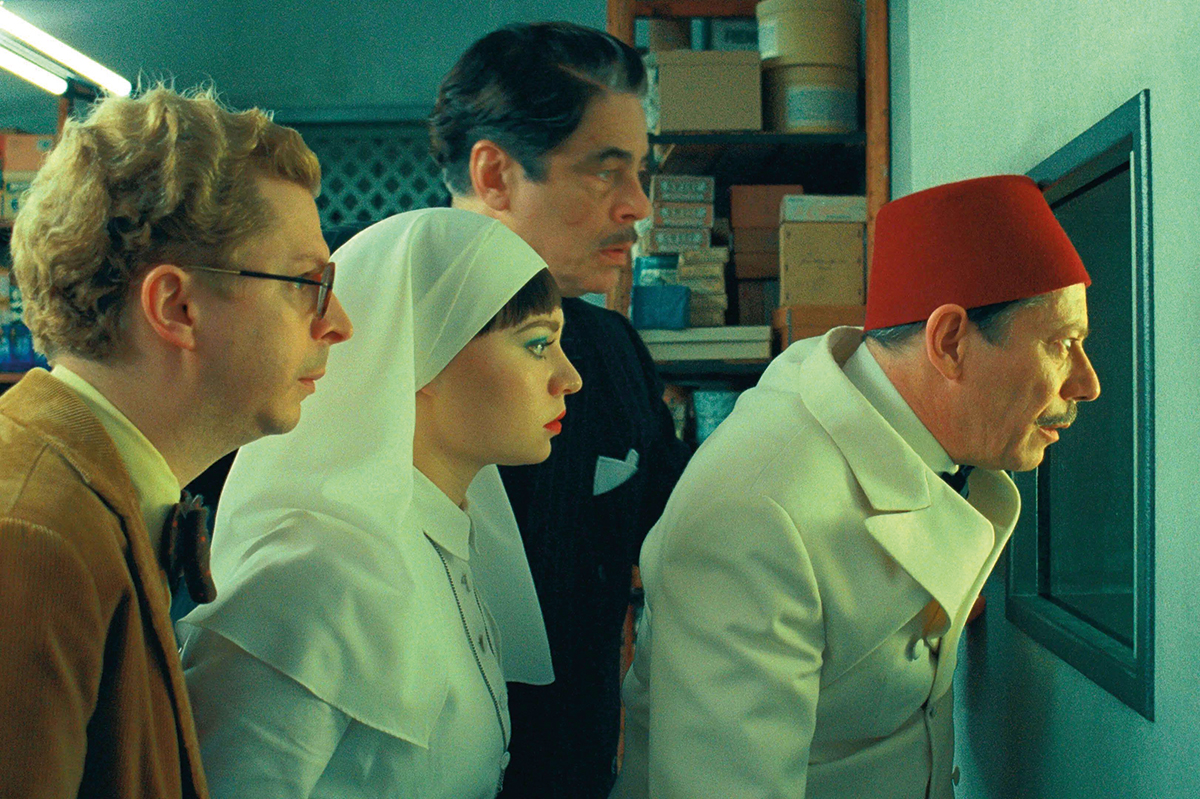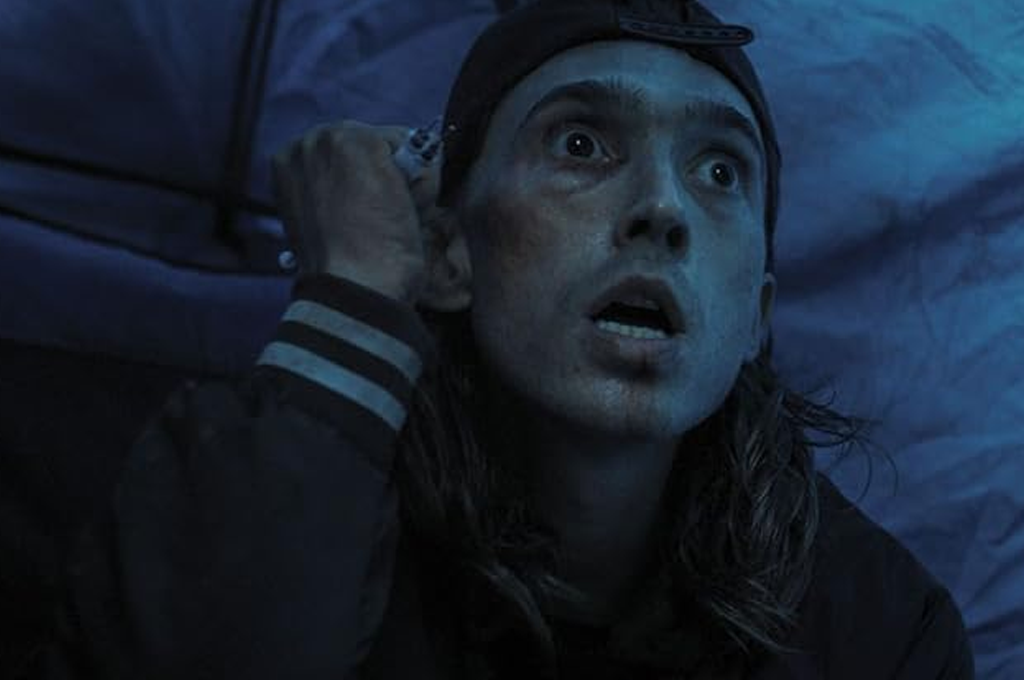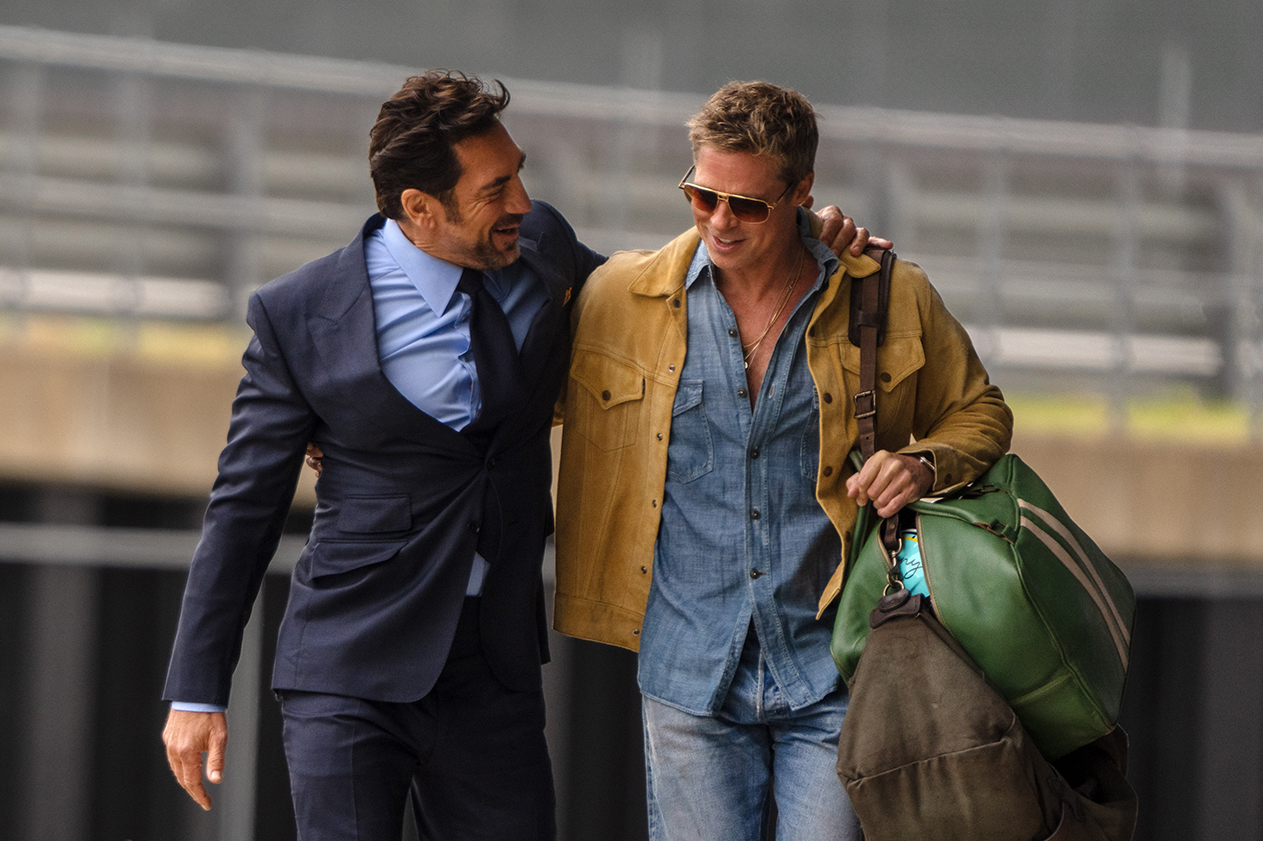Based on the trailers, you’d be forgiven for thinking that Bullet Train was a gritty, serious-minded action thriller in the vein of John Wick. Nothing could be further from the truth: the best way to describe this movie is if Quentin Tarantino and Guy Ritchie co-directed a remake of Murder on the Orient Express. And happily, in the hands of director David Leitch — the talent behind Atomic Blonde and Deadpool 2 — it’s a genre mashup that mostly works.
As the film opens, an enigmatic man codenamed “Ladybug” (Brad Pitt) boards one of Japan’s famous “bullet trains,” which travel at high speed and stop at each station for only a single minute. His mission: to recover a mysterious briefcase filled with ransom money and escape before anyone’s the wiser.
Ladybug, unsurprisingly, isn’t the only person in search of the money. Others are in hot pursuit — most notably the jovial hitmen Lemon (Brian Tyree Henry, who steals the show) and Tangerine (Aaron Taylor-Johnson). Lemon happens to be obsessed with Thomas the Tank Engine, and believes that all human interactions can be understood through the show’s characters: a person might be either a playful Percy or a scheming Diesel. And Lemon suspects there may be a lot of Diesels aboard the train.
He’s not wrong. Other passengers include a grieving father out for revenge, a Mexican cartel boss with an ax to grind, an assassin with a penchant for using boomslang venom, and an enigmatic young murderess calling herself the Prince (Joey King, channeling Julia Garner’s Anna Delvey), who’s seeking to take down a Russian mob boss known only as the “White Death” (Michael Shannon). Most are introduced through rapidly cut, Ritchie-style backstories that could each be short films in their own right — leading to some pleasing misdirection when characters set up to be major players go down surprisingly fast.
For all its narrative twistiness, though, Bullet Train doesn’t skimp on the mayhem. (There’s a lot of bloodshed, though most of it is played for laughs.) Extended gunfights and fisticuffs spread all throughout the train, as an overarching mystery —involving the various travelers’ connection to one another — slowly becomes clear. And the payoff, if not altogether shocking, is worth the journey. Even if the film probably could’ve shaved off about a half-hour from the runtime — there’s a long lull bridging acts two and three — the story builds to a hyperkinetic climax that unfolds on an unexpectedly massive scale.
In the lead, Pitt turns in an uncharacteristically laid-back performance. He’s charismatic, sure, but not the main reason to watch: here, it’s the supporting characters that get plenty of time to shine. The repartee between Lemon and Tangerine, if obviously an homage to Pulp Fiction’s Vincent and Jules, is unrelenting and delightful. The orchestrators of a multigenerational revenge plot chew scenery with the best of them. And King is clearly enjoying herself immensely as a jaded twentysomething villain.
What makes Bullet Train really memorable, though, is less its story or performances than its atmosphere. Glimpses of cute-but-somehow-unsettling animation reels, sword-wielding yakuza stalking through the shadows, and glistening firearms all feed into an eerie neon-noir ambiance, backed up by some of the best lighting work in recent memory. One leaves the film less exhilarated by the action or wisecracks than impressed by a mood, a glimpse into a semi-futuristic world tinged with the surreal. It’s a one-of-a-kind experience.
Arriving in the middle of an unusually lengthy summer movie drought, Bullet Train may be the adrenaline shot that the box office needed. For better or for worse (but mostly for better), Bullet Train is a film singularly devoid of “messaging,” whether implicit or explicit. There are a handful of musings about the relationship between luck and fate, but these are mostly window dressing rather than substantive ideas. After all, why shoehorn in any social commentary when you can make a train crash sequence last a few minutes longer?
It’s the furthest thing from highbrow entertainment, but Bullet Train nonetheless manages to be a bloody good time.



